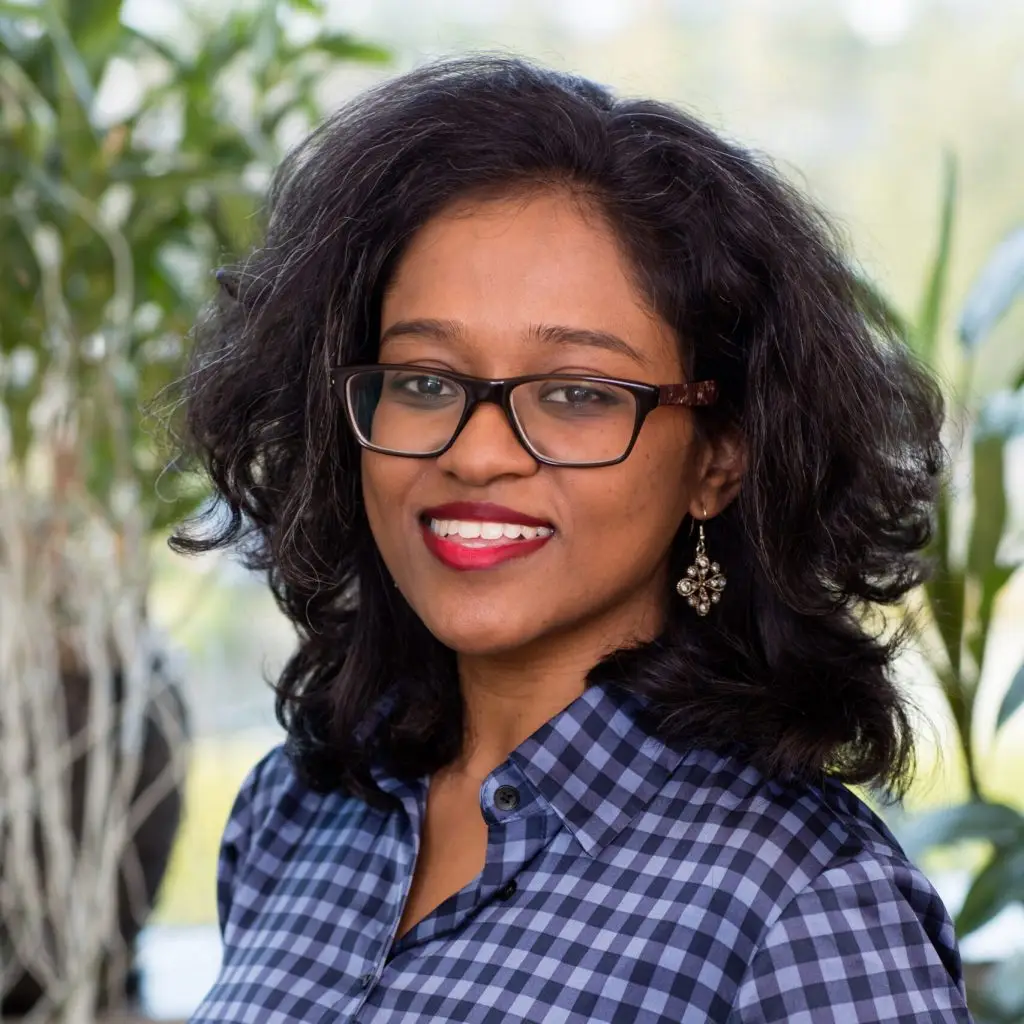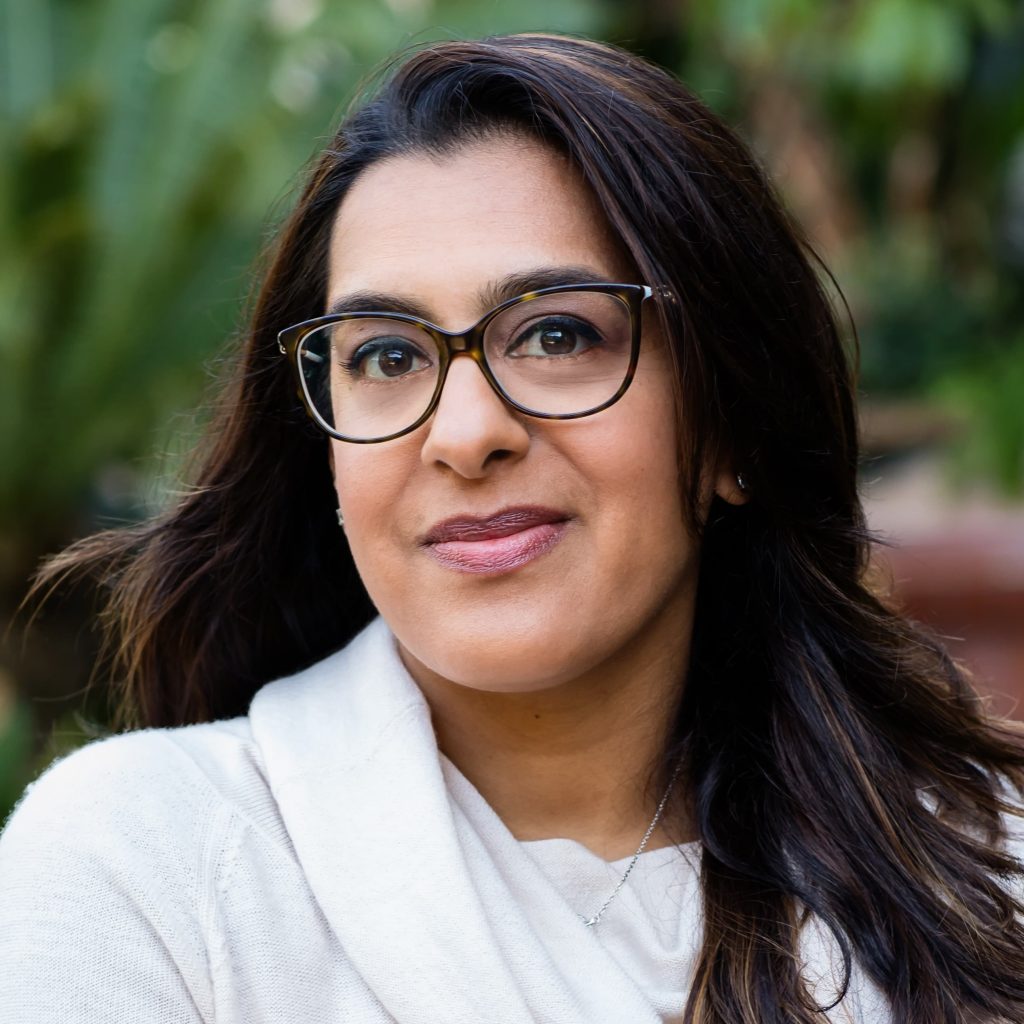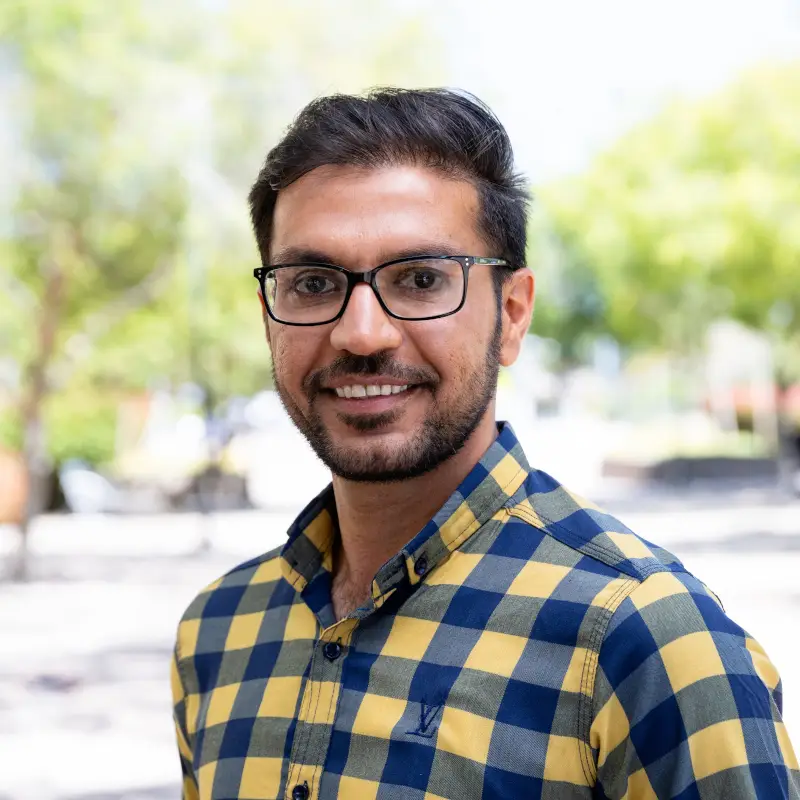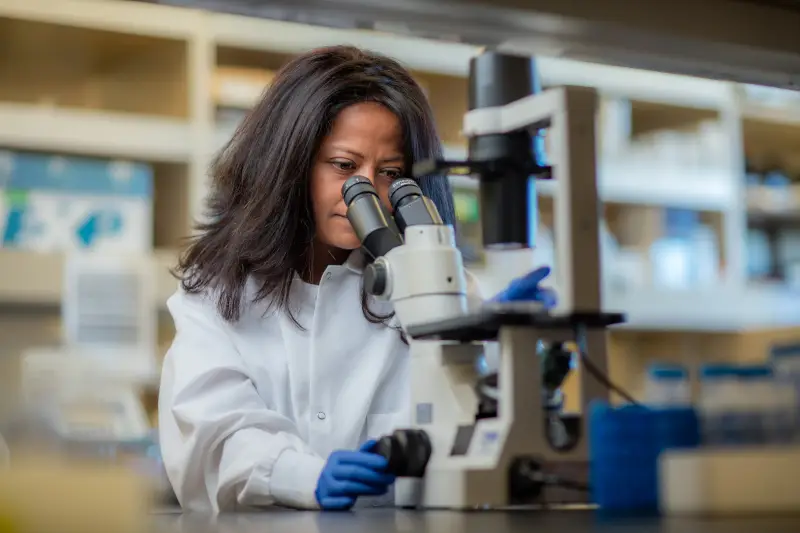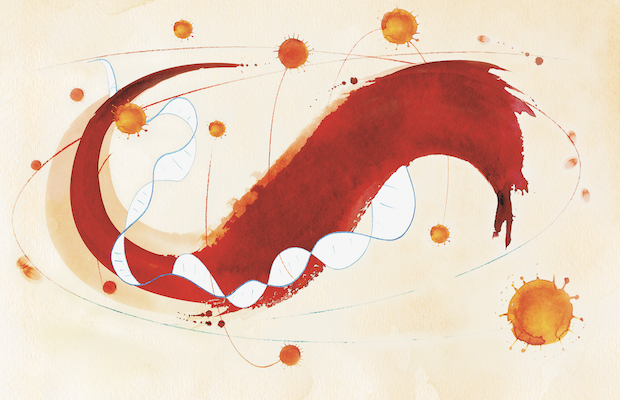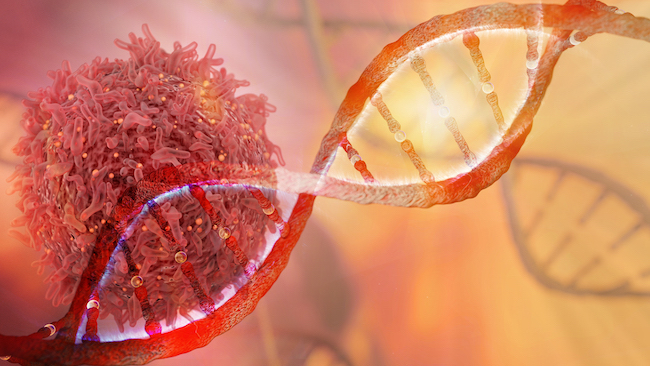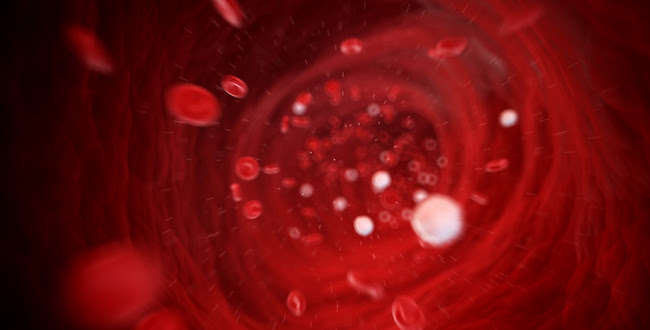Sonia Sharma’s current research focuses on using unbiased, genome-scale approaches to unravel innate immunity, the body’s early immune response to microbial pathogens and neoplastic cells, which has also been implicated as a common causal factor in many inflammatory, allergic and autoimmune diseases. She integrates cutting-edge genetics, biochemistry, cell biology, computational and translational approaches to define the key genetic mechanisms regulating cellular innate immunity, and determine how they impact human health and disease.
Dr. Sharma has an outstanding record of research accomplishments, including high impact discoveries published in top scientific journals. Her work has made her an internationally recognized expert in the use of high throughput, genome scale approaches, in particular RNA interference and CRISPR/Cas9, to dissect complex cellular signaling pathways and questions of immunological relevance. Her use of these technologies is a powerful tool that can be applied to any cellular pathway or disease process.
Dr. Sharma was instrumental in establishing the Institute’s Functional Genomics Center, which she currently directs, and she is channeling her expertise to further her own research program. Her work, particularly her studies of anti-viral and anti-tumor type 1 interferon signaling, which incorporates work with human genetics and biosamples, will be instrumental in understanding how genes contribute to human health and disease.
